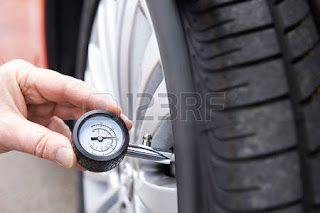According to the Centers for Disease Control and Prevention (CDC),
motor vehicle crashes are the leading cause of death for the U.S. In 2015,
2,333 teens in the U.S. ages 16-19 were killed – that means that six teens died
every day from motor vehicle injuries.
In addition to talking to your teens about making responsible
decisions, one of the most important issues to be addressed are the
consequences of drinking and driving. Due to their inexperience on the road,
teens are four times more likely to crash when compared to older drivers.
Before your teen heads out to their prom, talk to them about driving safety and
give them the tips below on how to have a safe, memorable and fun prom.
- 1. Take Extra Care at Night – In addition to being able to see less at night, your depth perception and peripheral vision are also limited at night. You should remind your teen to take particular caution and to always buckle up, use their headlights and avoid any and all distractions.
- 2. Put Down the Phone – Studies have shown that texting while driving increases the likelihood of an accident six fold compared to driving without distractions. In addition to slowing your teen’s reaction time and increasing their risk for an accident, texting while driving is actually illegal in many states.
- 3. Driving Distractions – While cell phones can be distracting, one of the biggest distractions for a teen driver is conversing with other passengers in the car. While it is unrealistic to expect a group of teenagers to sit silently in a car, remind your teen that they should be responsible and focus on the road before engaging in a conversation.
- 4. Alcohol and Driving – It is important to remind your teen about the dangers of drinking and driving – even after just one drink – and instruct them on what to do if they suspect their driver is under the influence of alcohol or drugs.
- 5. In Case of an Emergency – While everyone knows to call 9-1-1 in case of an emergency, you should also provide your teen instructions on what to do in case their car breaks down or they get into an accident. Consider watching Allstate’s video series on what to do in an unexpected car-related emergency.
It is important to discuss your teen’s plans and agenda – who they
are going with and where they are going after prom. Consider putting together a
list of contact information for the parents of the other teens in their party.
